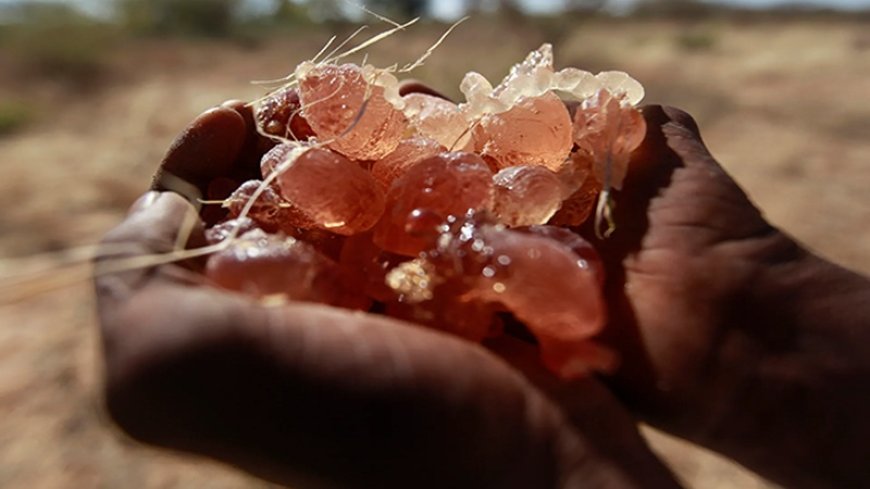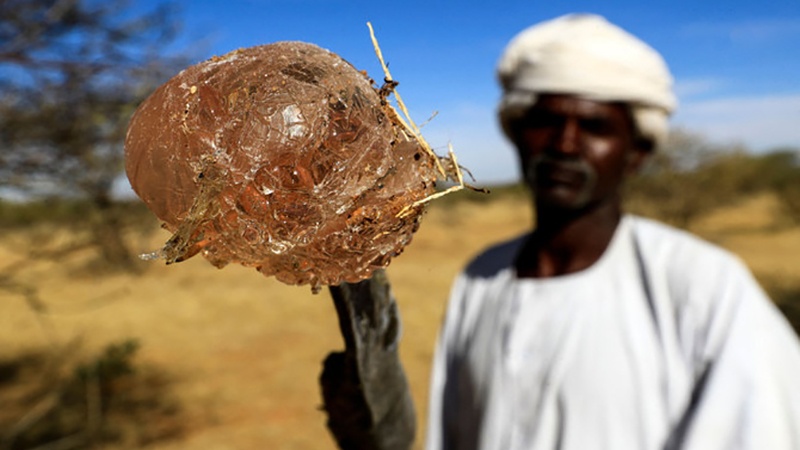South Sudan now seems to depend on the output of 'Gum Arabic' due to the deterioration of oil sales
The government of South Sudan relies on collecting large revenues from non-oil products and turning those products into the main basis for running its economy. It seems that, Juba has decided to focus its efforts on the sector such as exporting high-value incense known as Gum Arabic, fruits and vegetables to drive its economy instead of oil.

William Anyuon Kuol, the Minister of Trade and Industry of South Sudan said this in the city of Nimule bordering Uganda and added that, under the New National Investment Strategy, his country has realized that the incense is an important product to enable South Sudan to get money for foreign as a country and increase its sources of income.
South Sudan, which depends on oil revenues for 95 percent of its annual budget, is currently struggling to transport its crude oil through the Port of Sudan due to the ongoing war between military generals in the territories of its northern neighbor. .

Minister Anyuon has added that they have started a special program that will stop the Central Bank of the country from buying the incense from local producers and later looking for foreign markets to get foreign currency and help in efforts to bring economic stability in the country.
Gum Arabic or Gum Arabic is found on the trunks of the branches of acacia trees. It dissolves quickly in water and food and is used by many people for different purposes including treatment, food and soft drinks. It is also used in printing, paint, glue, cosmetics, and various industrial applications, including controlling viscosity in the ink and textile industries.













































